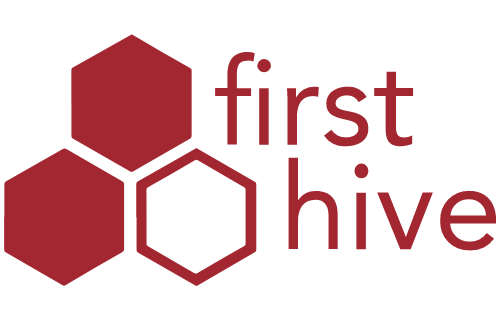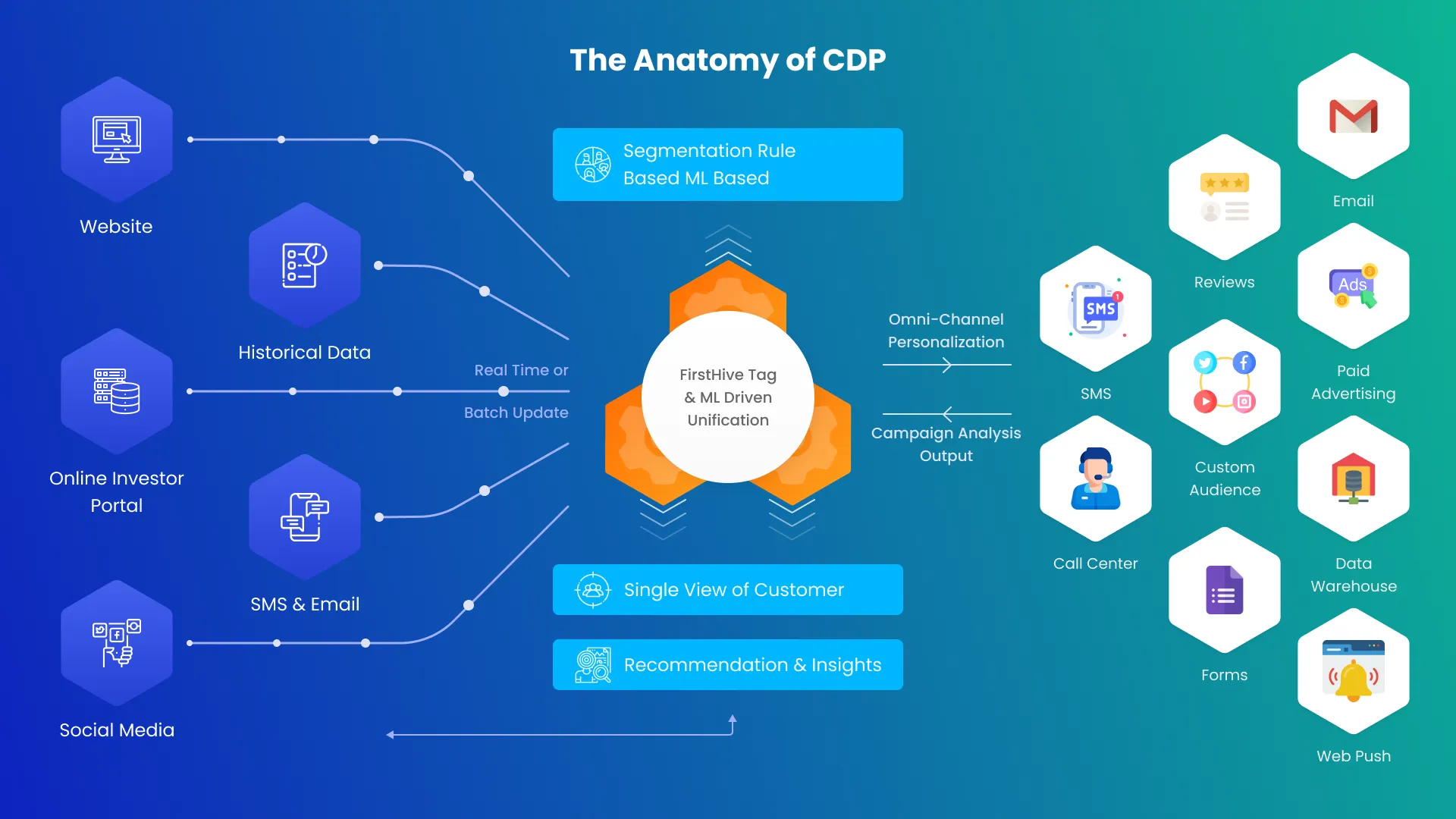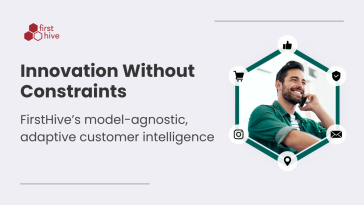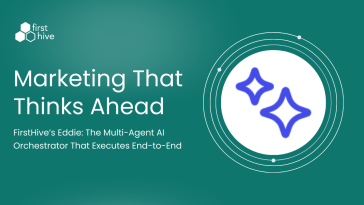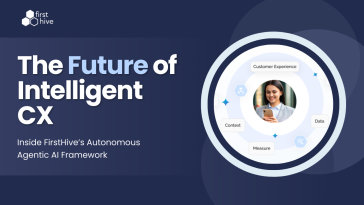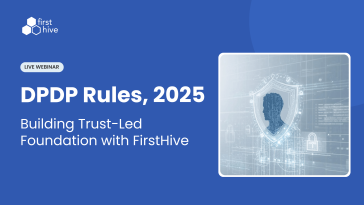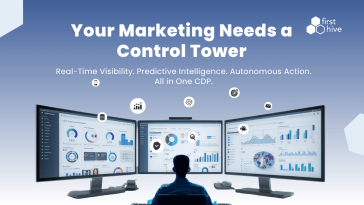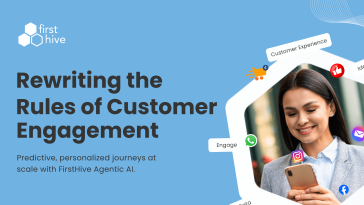In today’s data-driven world, understanding and effectively utilizing customer data is essential for businesses looking to stay competitive. One tool that has emerged as a cornerstone of modern marketing and customer experience strategies is the Customer Data Platform (CDP). In this blog post, we’ll explore the key components, functionalities, and benefits of a CDP.
Introduction
A Customer Data Platform (CDP) is a centralized system that collects, unifies, and activates customer data from various sources to create a single, comprehensive view of each customer. By harnessing the power of data, CDPs enable businesses to deliver personalized experiences, drive targeted marketing campaigns, and ultimately, improve customer engagement and loyalty.
Core Components of a CDP
Data Ingestion:
- CDPs collect data from multiple sources, including websites, mobile apps, CRM systems, and third-party platforms.
- Data ingestion involves processes such as data extraction, transformation, and loading (ETL), ensuring that the data is clean, accurate, and up-to-date.
- Data ingestion can occur in real-time or through batch updates.
Data Unification:
- CDPs unify data from disparate sources, such as offline and online interactions, into a single customer view.
- By consolidating data silos, CDPs eliminate duplication and inconsistencies, providing a holistic view of each customer’s interactions and preferences.
Profile Stitching:
- Profile stitching is the process of identifying and merging multiple customer profiles across different channels and touchpoints.
- CDPs use sophisticated algorithms for identity resolution, matching, and merging to create a unified customer profile that spans all interactions.
Customer Segmentation:
- CDPs enable businesses to segment customers based on common attributes or behaviors, such as demographics, purchase history, or browsing activity.
- Segmentation allows marketers to tailor their messaging and campaigns to specific audience segments, improving relevance and engagement.
Real-time Data Access:
- CDPs provide real-time access to customer data, enabling marketers to make timely decisions and deliver personalized experiences.
- Real-time data access empowers businesses to respond quickly to customer interactions, such as abandoned carts or website visits, with targeted messaging or offers.
Data Activation:
- Once unified, customer data is activated by making it available for marketing campaigns, analytics, and other applications.
- CDPs facilitate data activation across multiple channels and touchpoints, including email, social media, advertising, and customer service.
Advanced Features and Functionality
Predictive Analytics:
Some CDPs incorporate predictive analytics to forecast customer behavior and preferences, enabling businesses to anticipate needs and personalize experiences.
Machine Learning and AI:
Machine learning and AI technologies enhance CDP capabilities, such as dynamic content optimization, personalized recommendations, and predictive modeling.
Privacy and Compliance:
- CDPs prioritize data privacy and compliance with regulations such as GDPR and CCPA, ensuring that customer data is handled securely and responsibly.
- By implementing robust security measures and compliance protocols, CDPs build trust with customers and mitigate the risk of data breaches.
Case Studies and Success Stories
Company A: By implementing FirstHive CDP a leading Global AMC was able to unlock 5X additional pseudonymous profiles from our web interactions and social data. Read the full story.
Company B: With the help of FirstHive CDP this Insurance company eliminated 70% of invalid leads from the call center, reducing costs. Read the full story.
Conclusion
In conclusion, a Customer Data Platform (CDP) serves as the foundation for data-driven marketing and customer experience strategies. By centralizing customer data, enabling real-time access, and empowering personalized interactions, CDPs help businesses deliver exceptional customer experiences and drive long-term success. As businesses continue to prioritize customer-centricity and digital transformation, investing in a CDP has become essential for staying ahead in today’s competitive landscape.
Opt for a free Customer Data Platform (CDP) scoping and consultation call to explore how CDP technology can support your personalization initiatives.and optimize their marketing efforts for better results.
